Daily supplements of curcumin – the natural pigment that gives the spice turmeric its yellow color – may support healthy aging, with two new studies indicating benefits for arterial aging and cognition.
Research and publish the best content.
Get Started for FREE
Sign up with Facebook Sign up with X
I don't have a Facebook or a X account
Already have an account: Login
Live longer in good health and you will have a chance to extend your healthy life even further
Curated by
Ray and Terry's
 Your new post is loading... Your new post is loading...
 Your new post is loading... Your new post is loading...
|
|






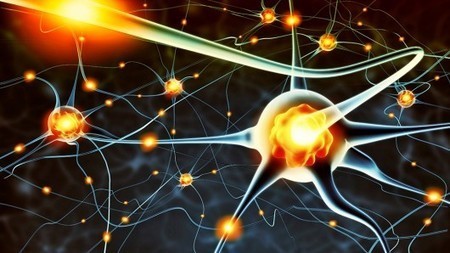
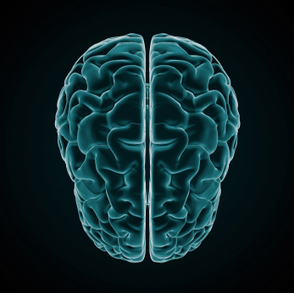


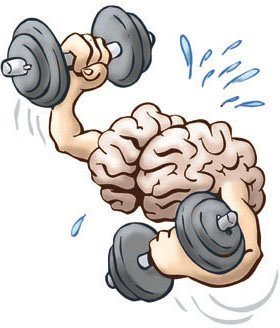

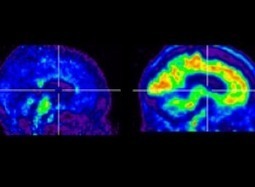


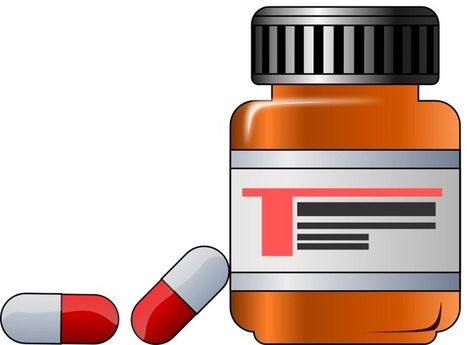



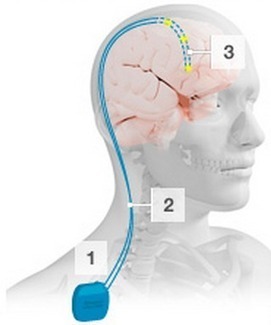






buono good!